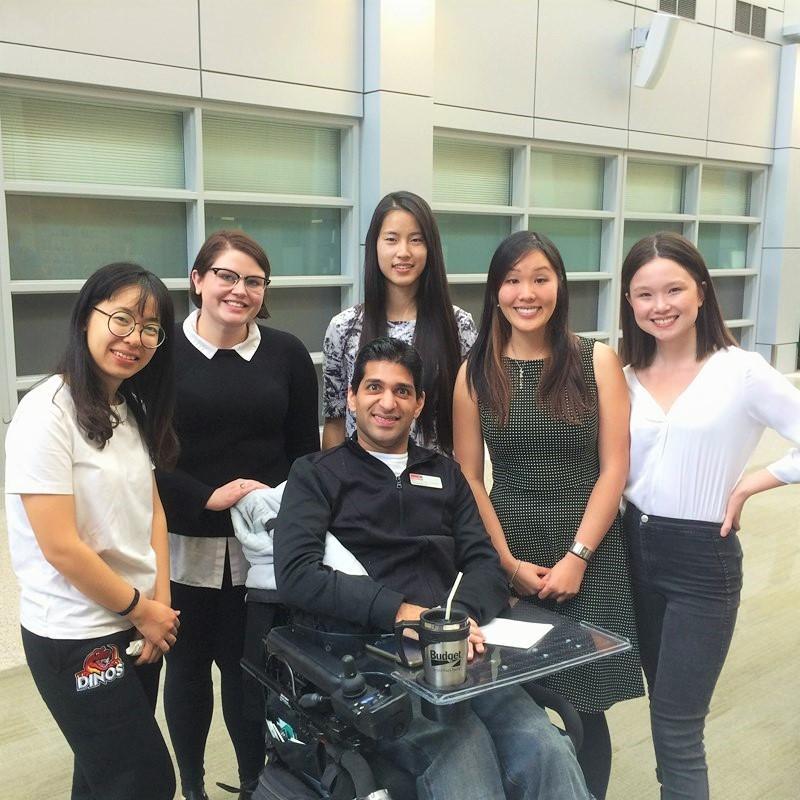sharons.site
🌟 highlights
Here are some highlights in my journey.
📜 Second Patent Published & Accepted by USPTO
Towards the end of 2019 (while I was working on
the
OpenJ9
Virtual Machine team at IBM), I filed my second
patent "Bytecode verification using class
relationship caching". Finally, after almost 3
years, it has been issued!
This is my first patent that I'm the first named
inventor for :D
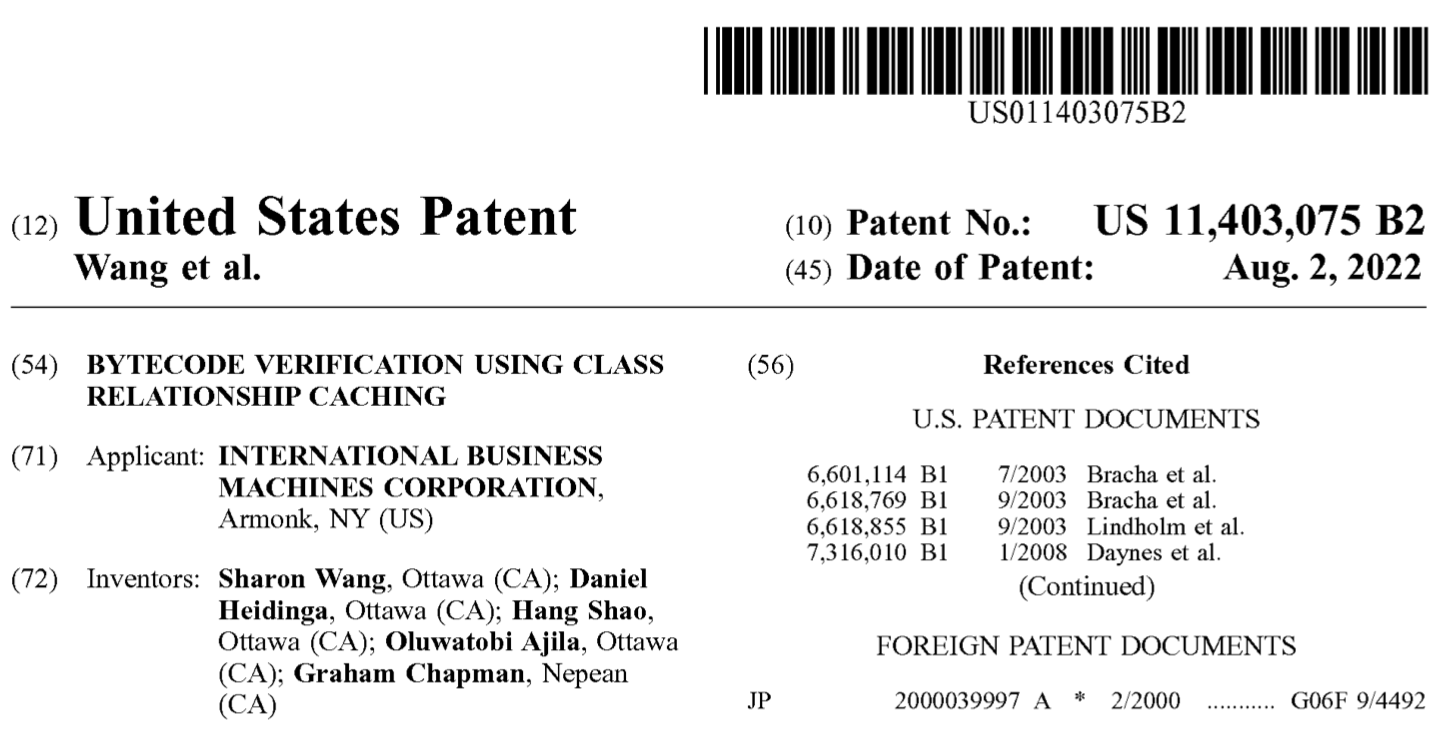
🧭 Joined Interledger Technical Steering Committee
I was invited to join the Interledger
Technical Steering Committee alongside some incredible technologists and
community members.
As a team, we seek to improve the RFC and proposal processes for standards
and projects in the Interledger ecosystem.
Some areas of focus include:
- feedback intake process
- deliberation on requested changes
- overall technical community experience
📜 First Patent Published & Accepted by USPTO
Back in 2019, I filed my first patent "Deferred
bytecode class verification in managed runtime
environments" as part of my work at IBM, on the
OpenJ9
Virtual Machine team.
Patent processes tend to take a while, but alas,
I am officially a named inventor on a published
patent!
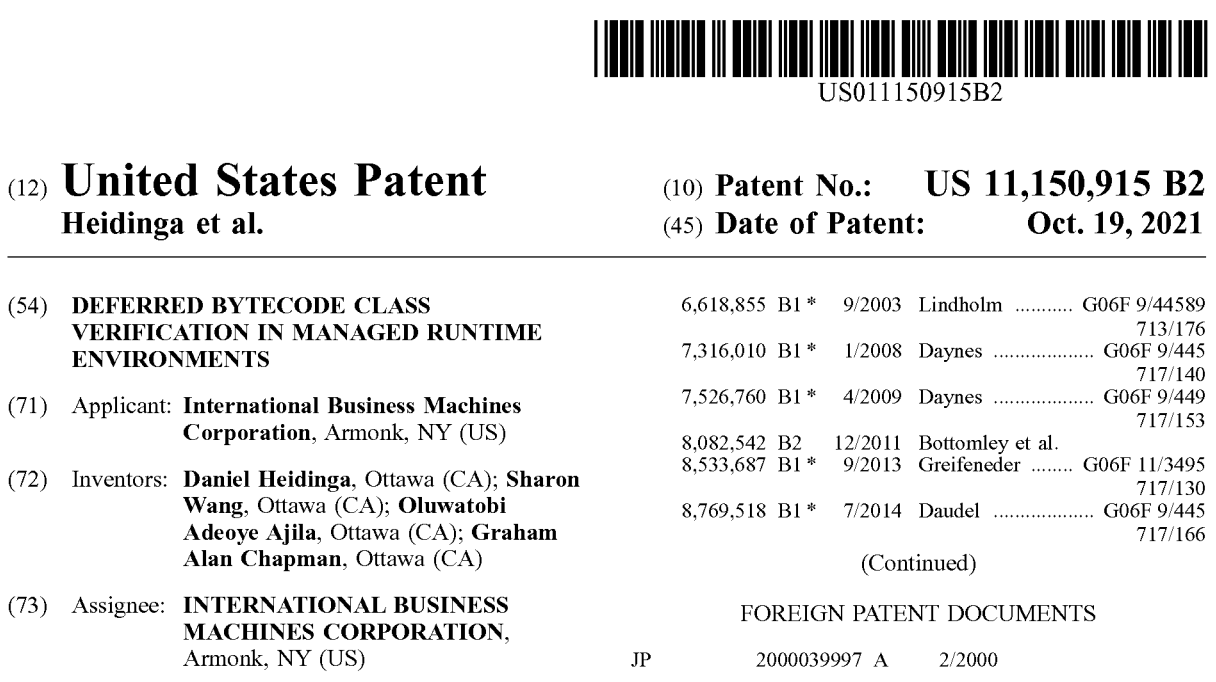
🥉 Best Web Monetization Innovator: Runner-Up
Selected as the Runner-Up for the Best Web Monetization Innovator of the 2020 Noonies.
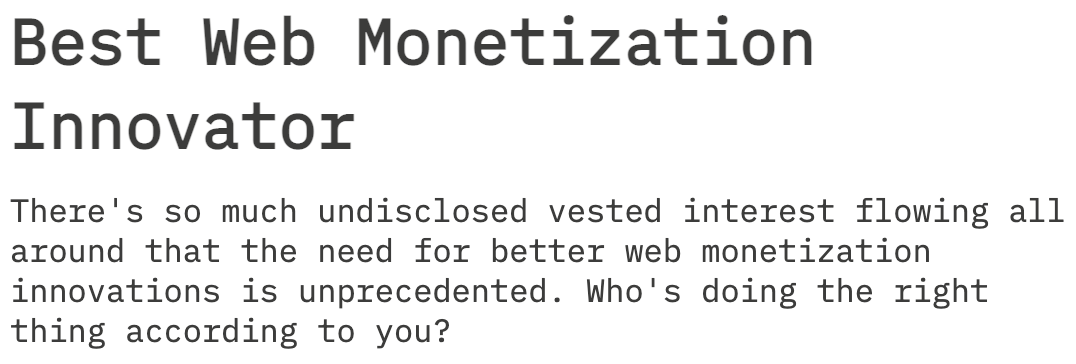
🎖 Outstanding Technical Achievement Award
Awarded by IBM for technical innovation in the OpenJ9 Java Bytecode Verifier, as the principal contributor to the development of Class Relationship Verification, giving way to start-up time improvements that provide important performance enhancements in modern cloud environments.
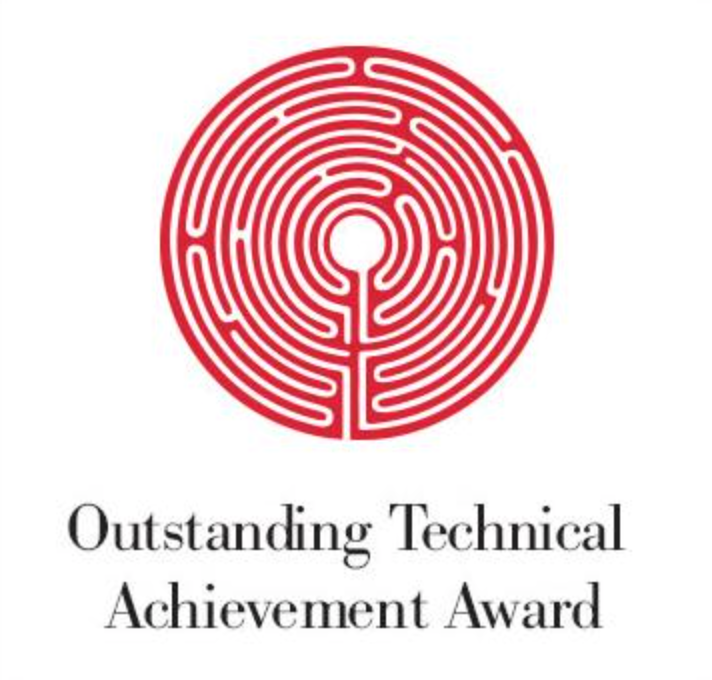
💰 Awarded $20,000 USD Grant
1 of 36 mid level grant awardees for the
inaugural Grant for the Web Call for
Proposals, for the
Akita project
(co-created with
Elliot Evans), a continuation of our hackathon projects
(Grant for the Web x DEV and Betahack "Let's Fix
the Internet") along with a website and
community outreach activities.
Mid level grants were funded at between $15,000
and $50,000 USD. Many of the projects in this
category focus on experimenting and prototyping
at the platform level, building monetization
tools, and conducting research into how Web
Monetization can benefit specific communities.
🥈 2nd Place in "Let's Fix the Internet" Hackathon
After getting acquainted with Web Monetization
through building our hackathon project
Akita,
Elliot and
I came across
Betawork's "Let's Fix the Internet"
hackathon and felt that the hackathon theme was
a great fit and participating in it would be a
good way to continue our journey with Web
Monetization.
For this hackathon, we built
A Web Monetization Story: An interactive, story-based Web Monetization
tutorial for online creators.
It's a website that seeks to help creators
understand how simple it is to enable
Web Monetization
on their own sites. The Story of Auden and
Chicken aims to engage users and help them
relate to — and understand the purpose of — Web
Monetization.
It includes a simple drag-and-drop tutorial to
show the basic steps needed to get Web
Monetization running on a site.
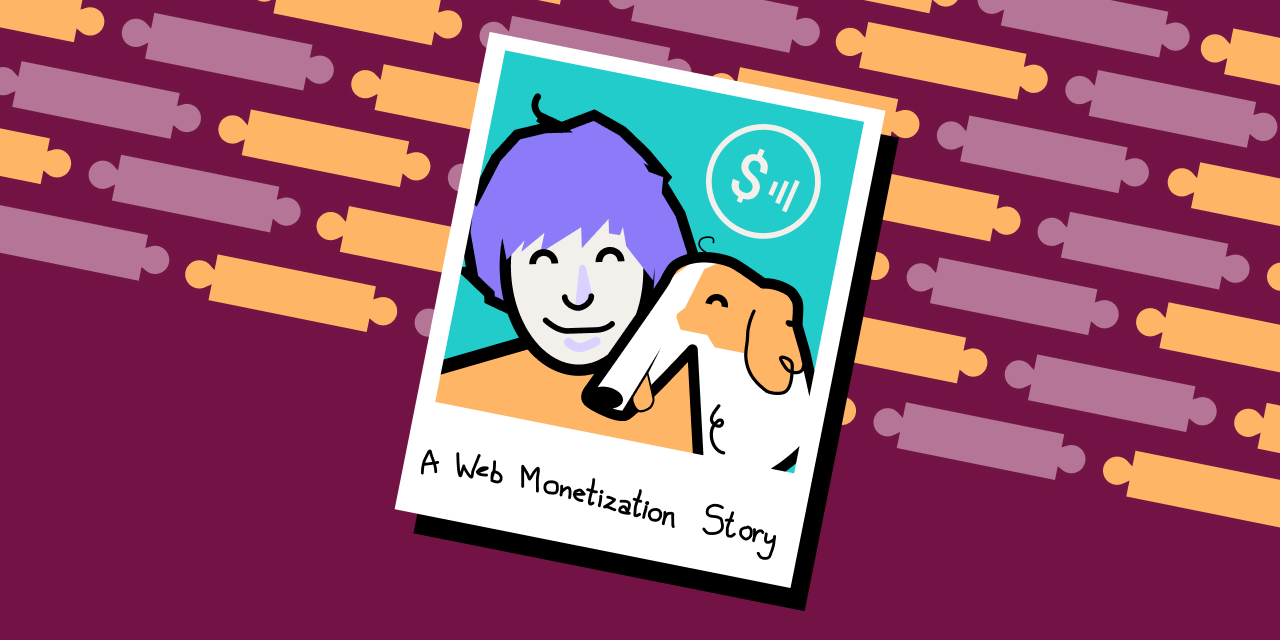
🏅 Runner-Up in Grant for the Web x DEV Hackathon
Elliot and
I built
Akita: Get Involved in Web Monetization
With or Without the Price Tag
for the
Grant for the Web x DEV Hackathon
and won a runner-up prize!
Akita is a browser extension that gives users
insight into their involvement with
Web Monetization. It seeks to increase awareness and improve
understanding of Web Monetization by providing
individuals with helpful resources and insight
into their online browsing.
In addition, Akita allows for more inclusive
access to Web Monetization by enabling
engagement with Web Monetization without having
to commit money.
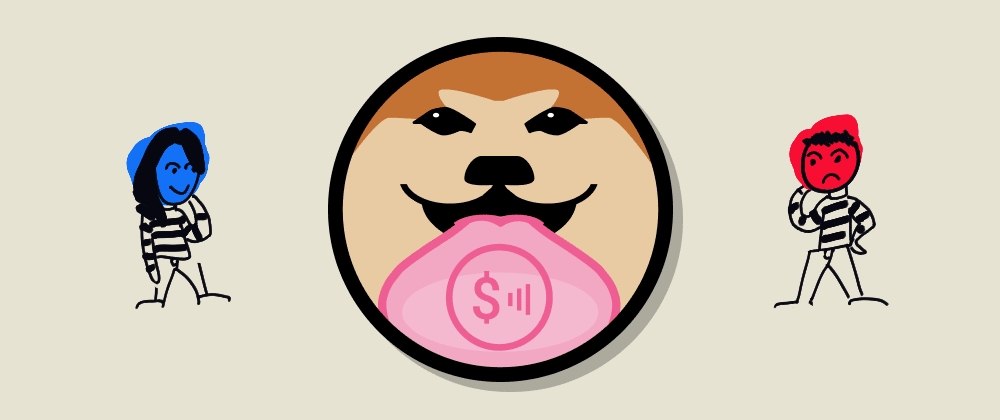
📜 Filed Second Patent
Building on the previous invention for deferred bytecode verification, I filed "Bytecode verification using class relationship caching".
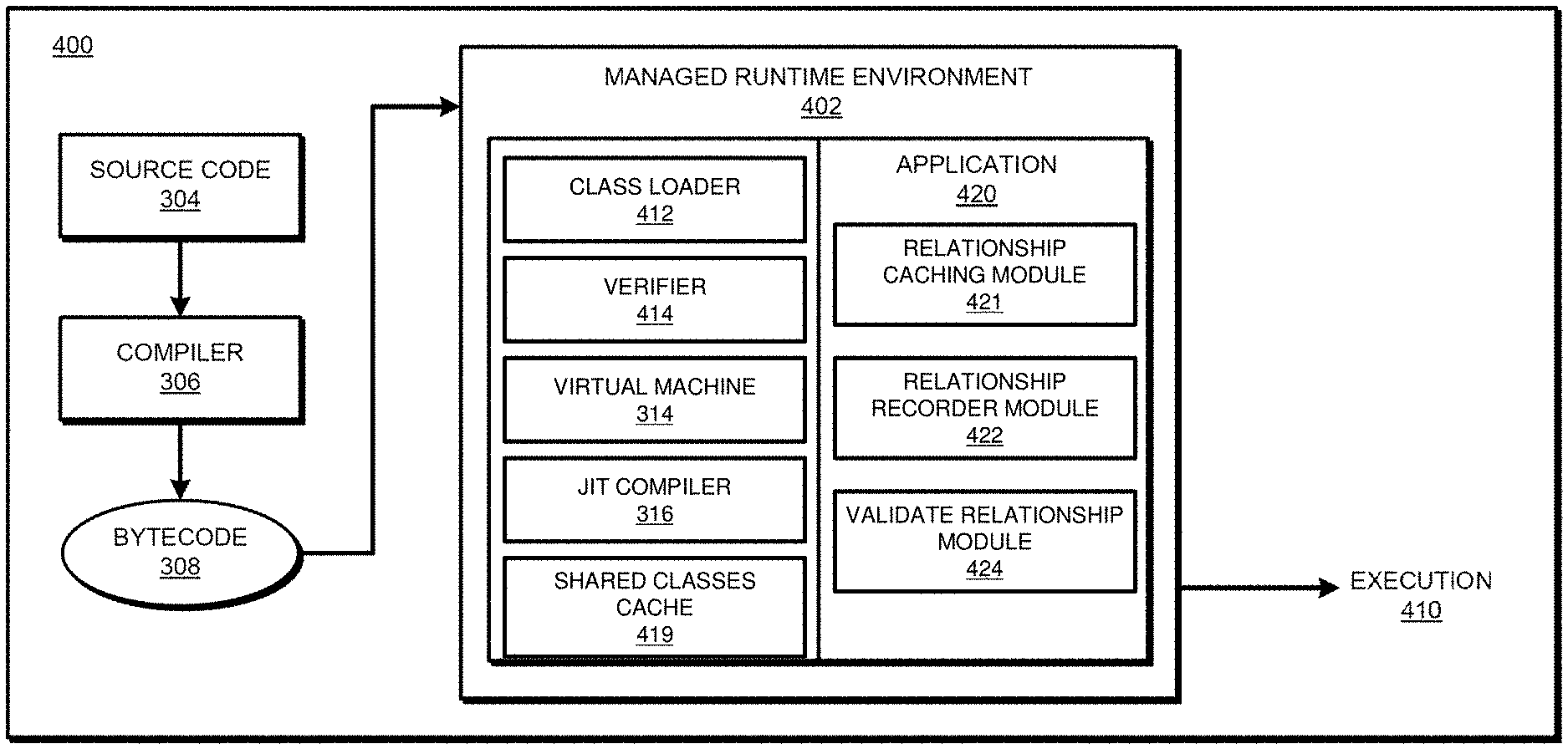
📝 Published First Blog Post
I wrote my first blog post, which gives an overview of the implementation behind the patent "Deferred bytecode class verification in managed runtime environments".
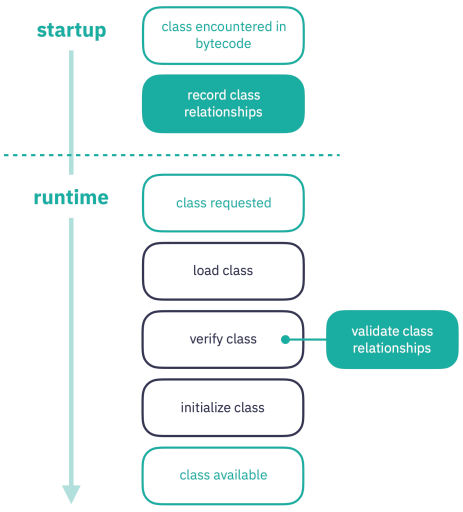
📜 Filed First Patent
I filed my first patent "Deferred bytecode class verification in managed runtime environments" as part of my work at IBM, on the OpenJ9 Virtual Machine team.
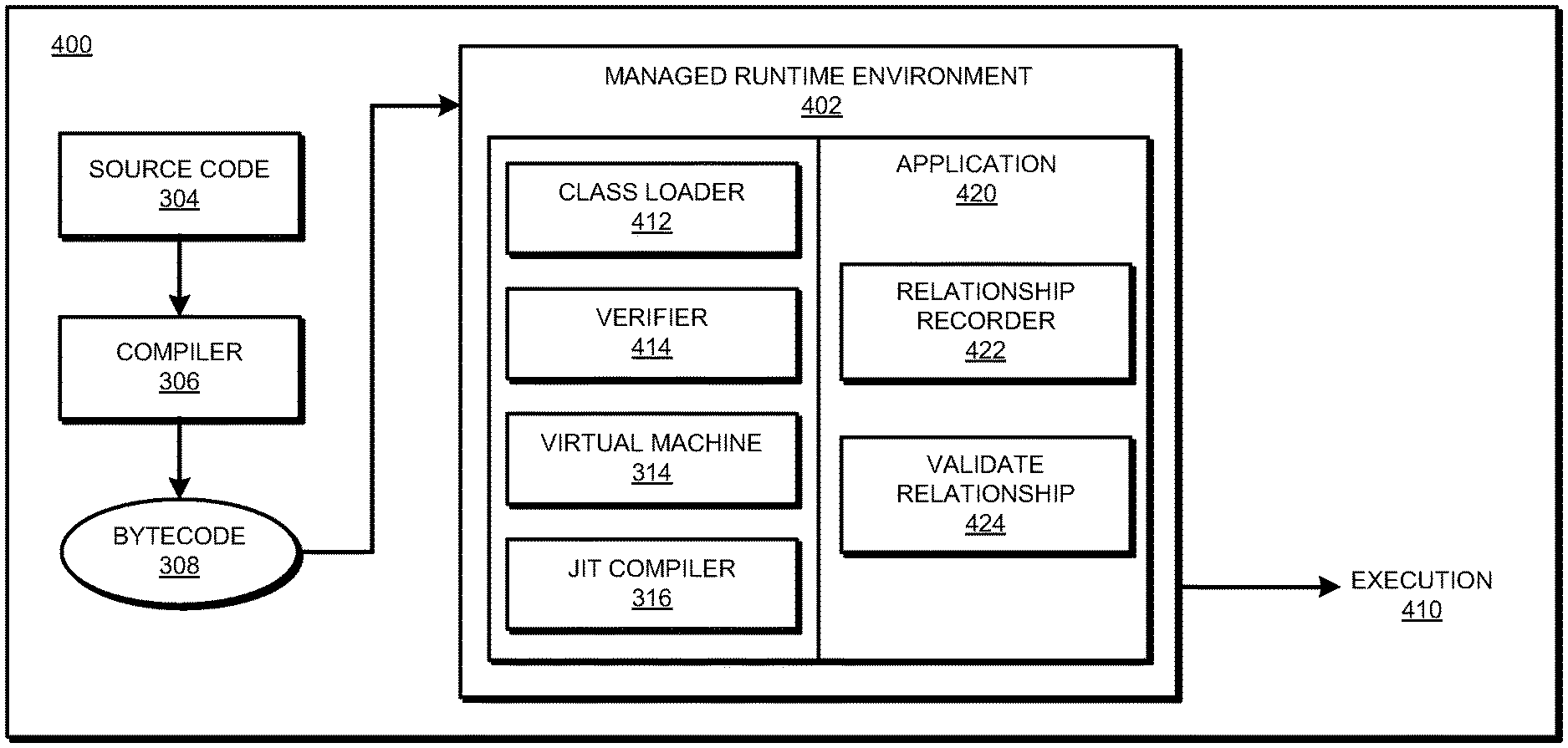
🎓 University of Calgary Grad Spotlight
I was interviewed by the University of Calgary Faculty of Science to reflect on my undergraduate experience and share my advice for new and prospective students.
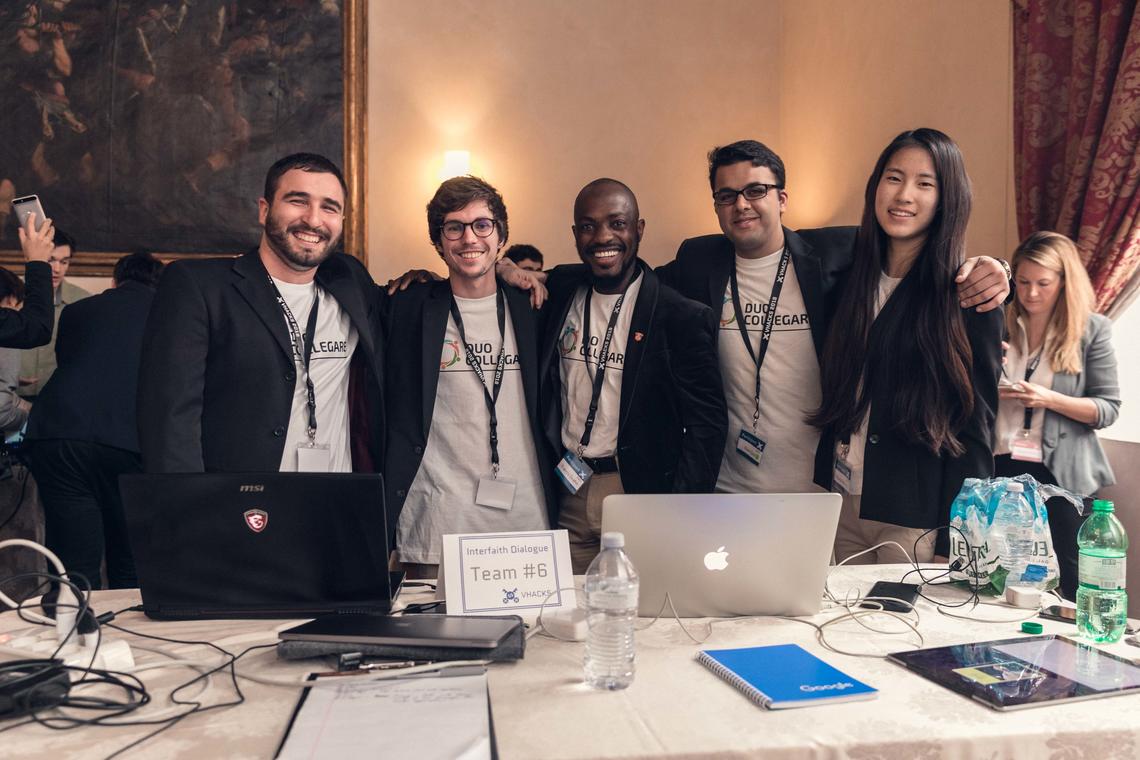
💃 Performed Aerial Silks for the First Time
This was my first time performing aerial silks
at a public event. It was both nerve-wracking
and thrilling to perform my routine right on
Bank Street.
Thank you
Aerial Antics
and
Glowfair
2019 for having me!
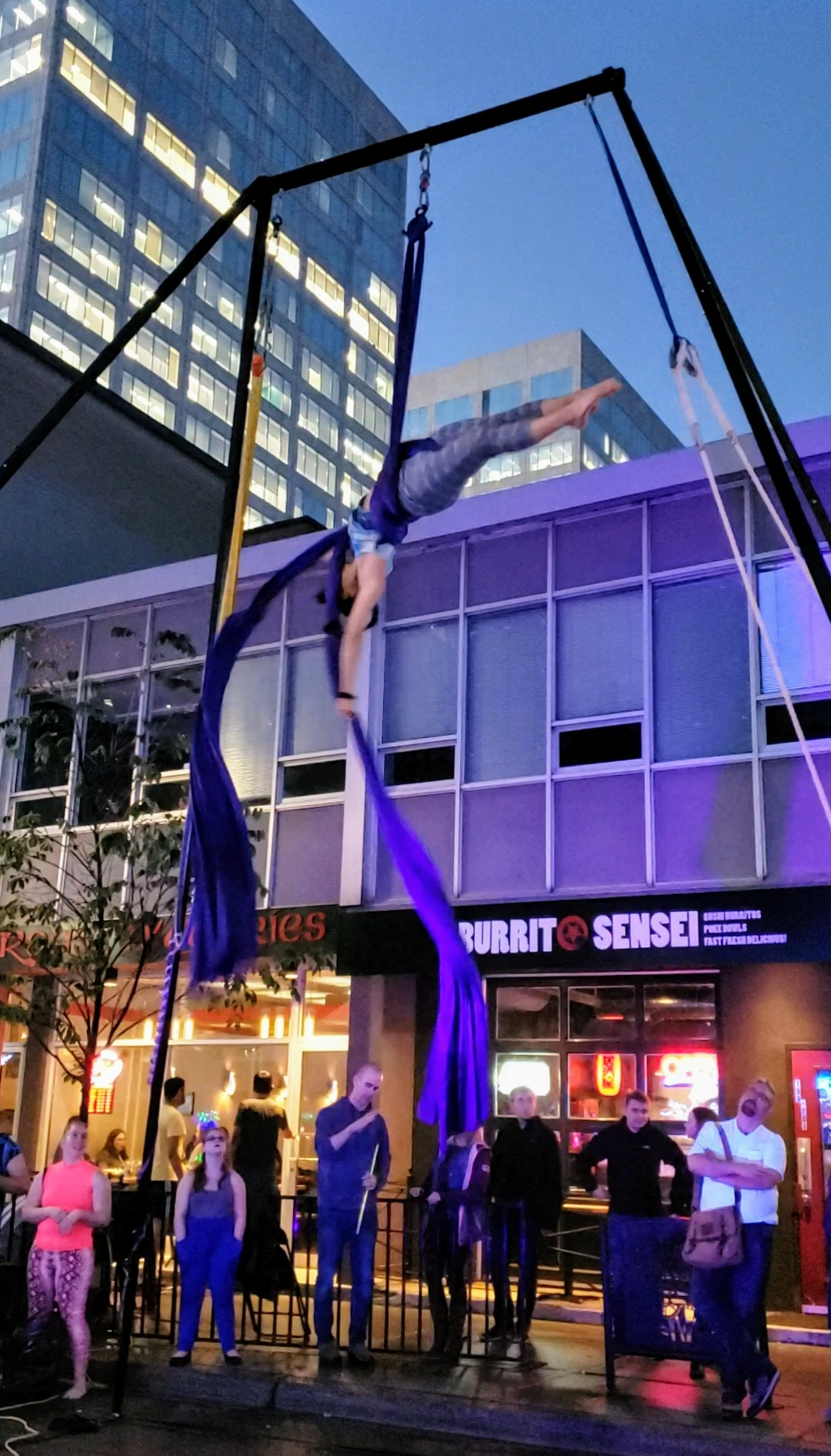
🏆 Won Top Prizes at the Vatican Hackathon
While studying at the University of Calgary, my
peers and I were selected to compete at
VHacks 2018, the first Hackathon at the Vatican in Rome,
Italy.
We developed
DUO Collegare, a platform to connect organizations and
volunteers to inspire action, rather than just
dialogue. The goal was to bring people from
diverse backgrounds together, to work towards a
common goal: social good.
I focused on the frontend of the platform, using
Express, Handlebars, HTML and CSS. We were
awarded 1st Place in the Interfaith Dialogue
category, as well as the La Croix prize.
Press Coverage
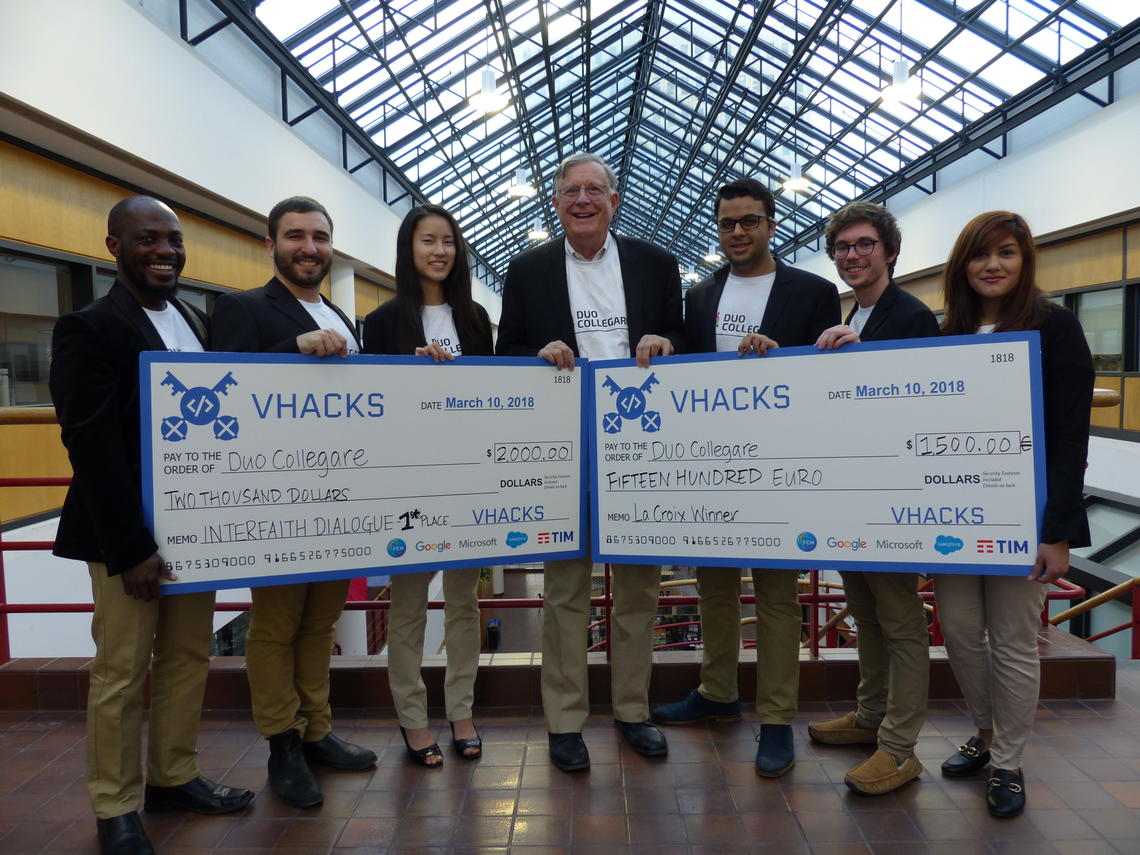
🥈 Won 2nd Place at First Pitch Competition
Pitched AccessABLE at the 2017 Pitch Clinic Pitch Off Competition
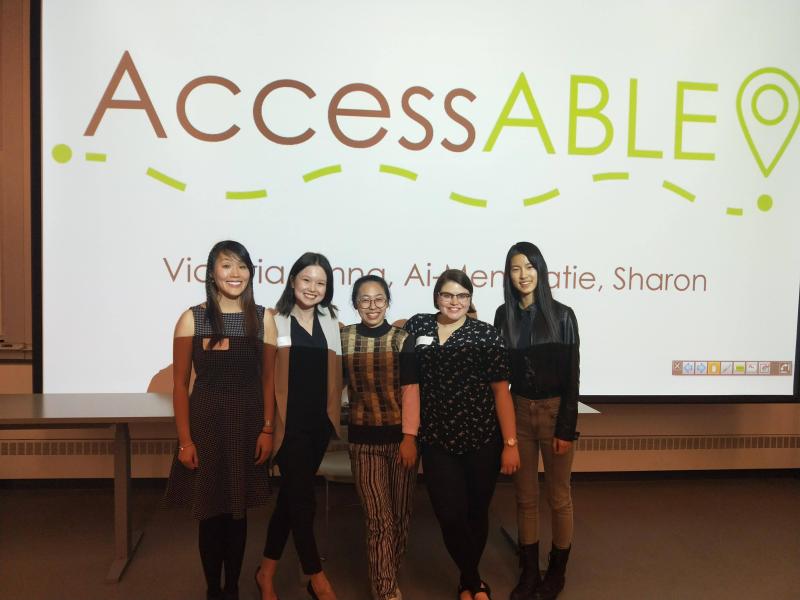
🚌 Developed Accessible Transportation App Prototype
Won 1st Place at the 2017 Calgary Interprofessional Challenge.
